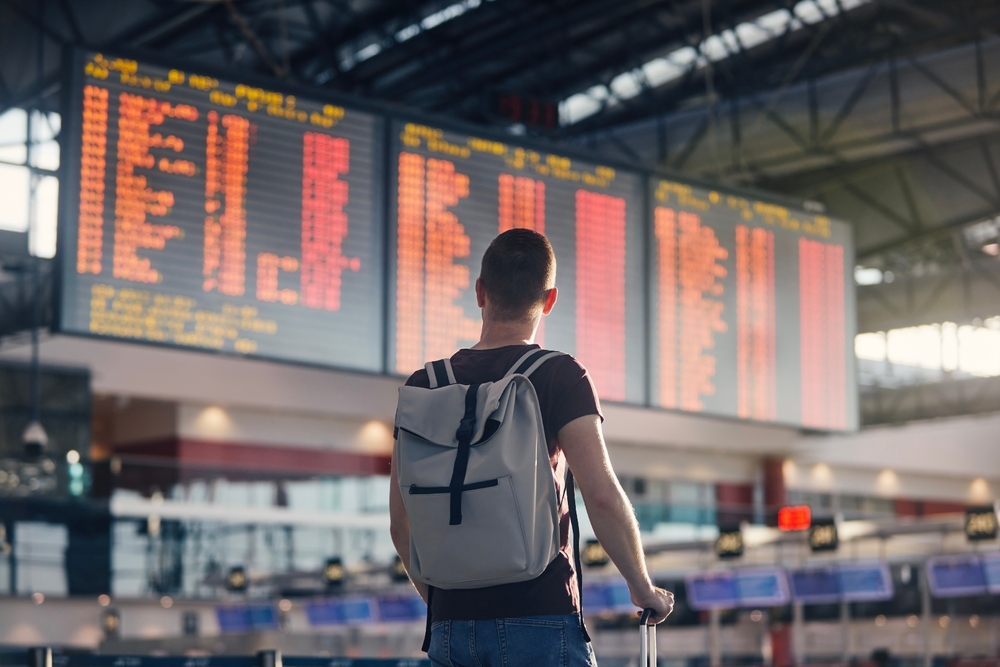Flying has become one of the most common modes of transportation for travelers worldwide. Whether it is for business or leisure, millions of people take to the skies every day. However, there are many unwritten rules of flying that are rarely discussed, yet knowing them can improve your experience and avoid common annoyances. These rules help create a smoother, more respectful environment on planes and in airports. Here are 13 important flying rules that every traveler should know, but no one usually tells you about.
1. Arrive Early But Avoid Lingering at the Gate Too Long
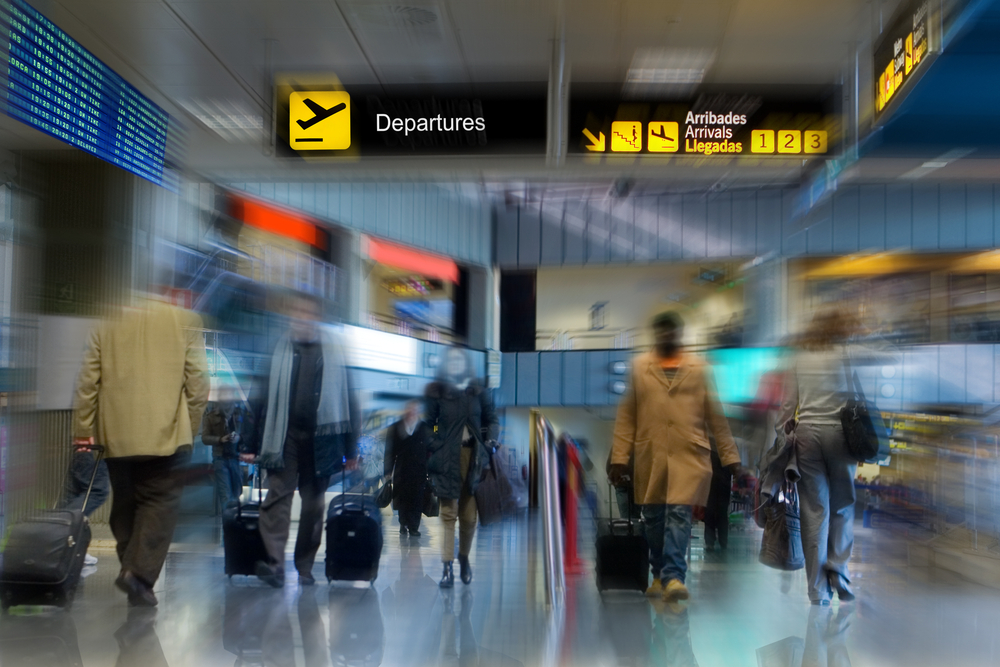
Arriving early at the airport is important to avoid missing your flight, especially during busy travel seasons. Experts generally recommend arriving at least two hours before a domestic flight and three hours before an international flight. However, once you reach the gate, it is better not to arrive too early. Standing around the gate area hours before boarding can cause overcrowding and make it difficult for airline staff to manage boarding efficiently. Instead, wait comfortably in the terminal or a nearby lounge until boarding begins.
2. Always Have Your Documents Ready for Boarding
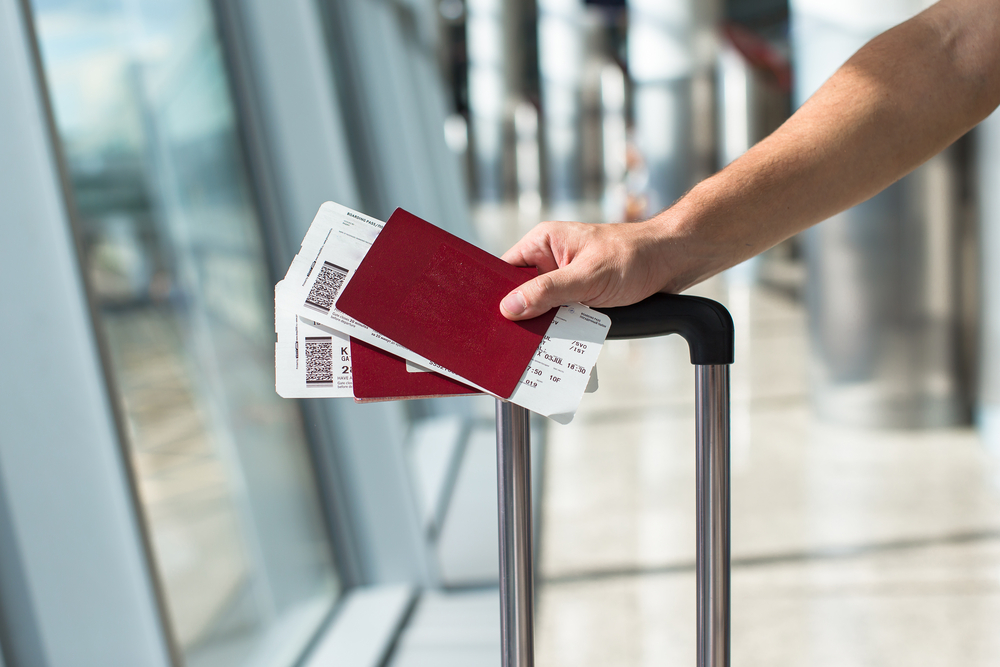
One of the quickest ways to slow down the boarding process is fumbling for your boarding pass or identification. It is polite and efficient to have these items ready before you reach the front of the line. Many airports and airlines now use mobile boarding passes, so make sure your phone is charged and easily accessible. Preparing in advance keeps the queue moving and helps avoid unnecessary delays for everyone.
3. Share Overhead Bin Space Fairly
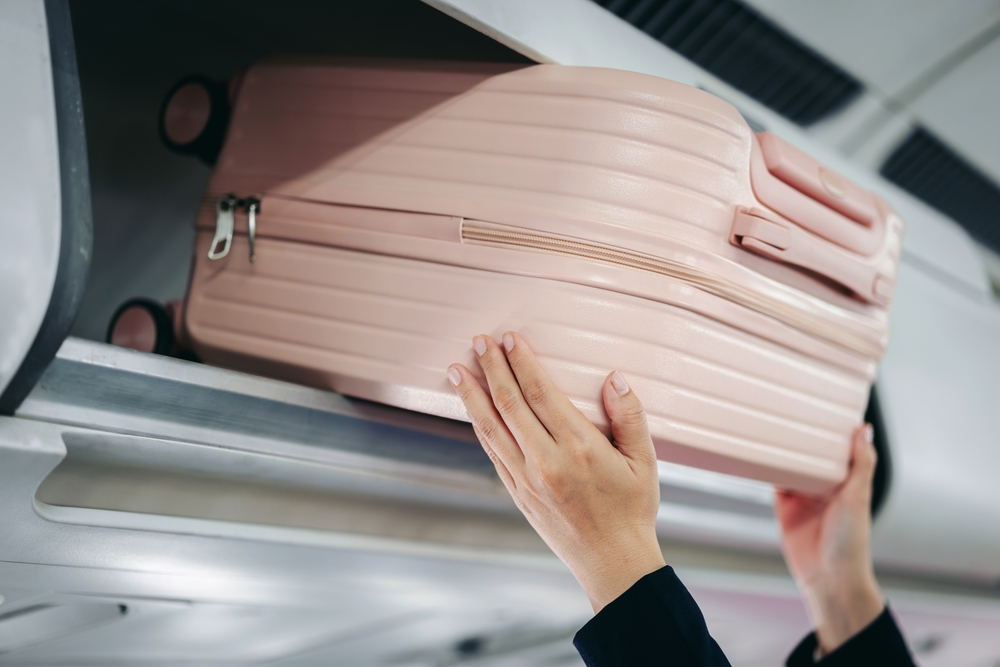
Overhead bin space is a precious commodity on flights, especially on smaller aircraft. Airlines typically allow one carry-on bag plus a personal item per passenger. Trying to store multiple large bags or taking up more than your fair share of space can create tension with fellow travelers. To be courteous, pack efficiently and store only what you are allowed. If the bins are full, gate-check your carry-on rather than forcing others to rearrange their belongings.
4. Be Mindful of Armrest Etiquette
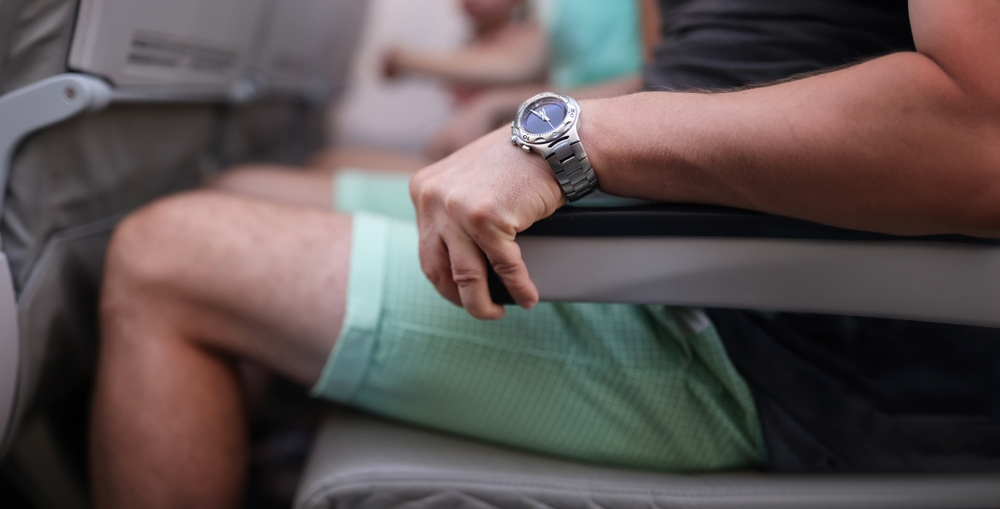
Armrests often become a battleground on planes. Since the space is limited, it is important to share armrests respectfully. The general rule of thumb is that the person in the window seat uses the armrest closest to the window, the aisle passenger uses the aisle-side armrest, and the middle seat occupant can use both if there are no objections. Avoid aggressively taking more than your share of space as it can cause discomfort and conflict.
5. Keep Noise to a Minimum
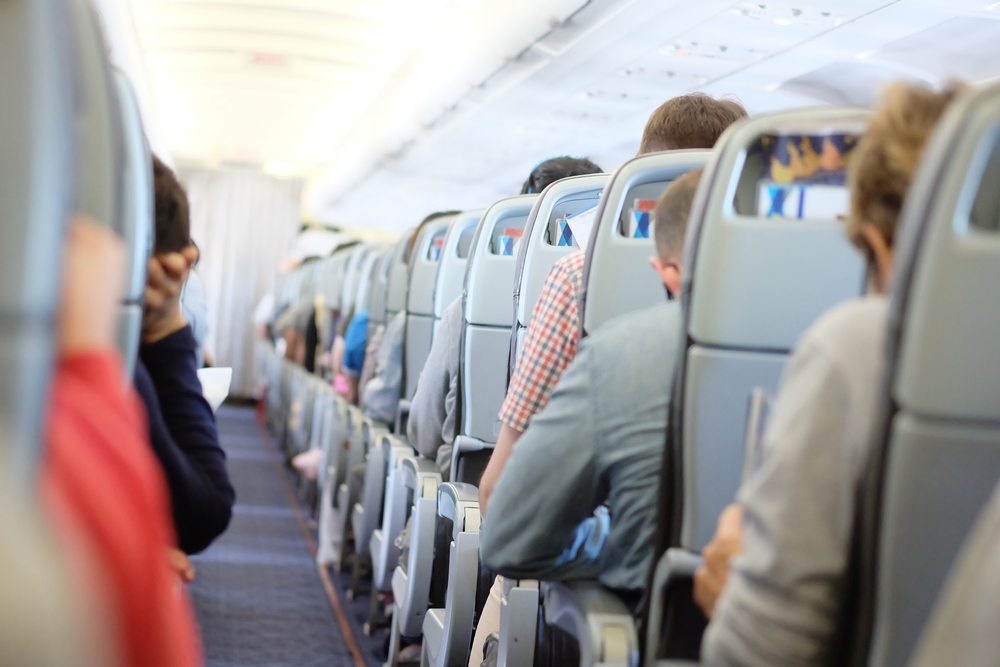
Flying can be stressful for many people, and loud conversations, phone calls, or music without headphones can disturb other passengers. To maintain a peaceful cabin environment, always use headphones for listening to media and keep your voice low when speaking. Many travelers appreciate quiet time during flights, especially on long-haul trips where rest is important.
6. Wear Slip-On Shoes for Convenience
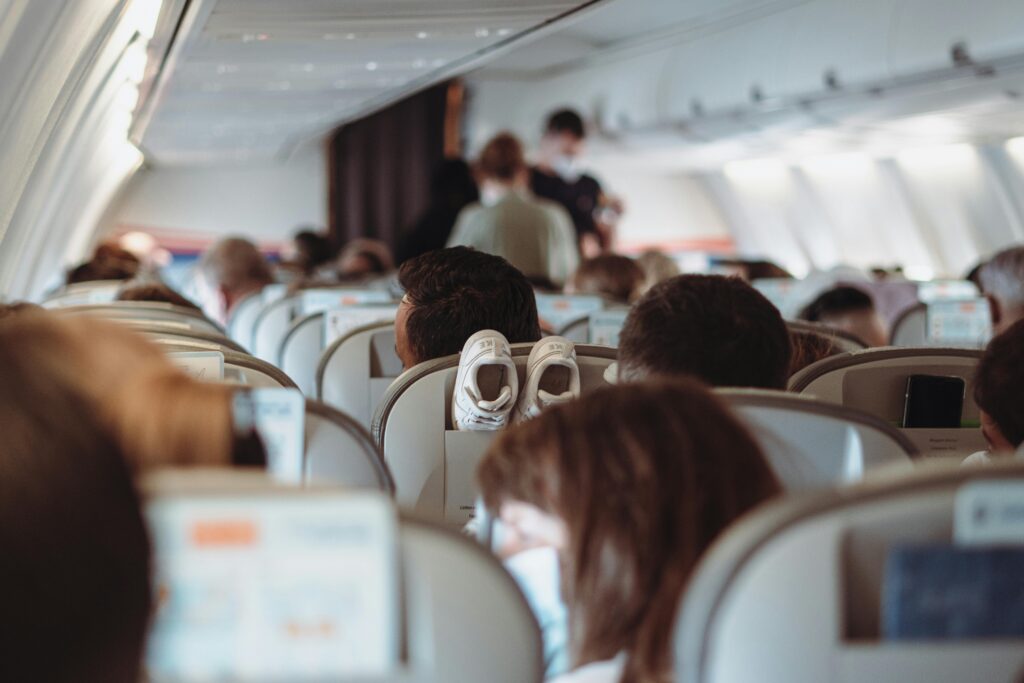
Airports require passengers to remove their shoes at security checkpoints. Wearing slip-on shoes or footwear that is easy to remove and put back on saves time and reduces hassle during security screening. Additionally, comfortable shoes make it easier to walk long distances in airports and move around the cabin during the flight.
7. Stay Hydrated but Minimize Bathroom Trips
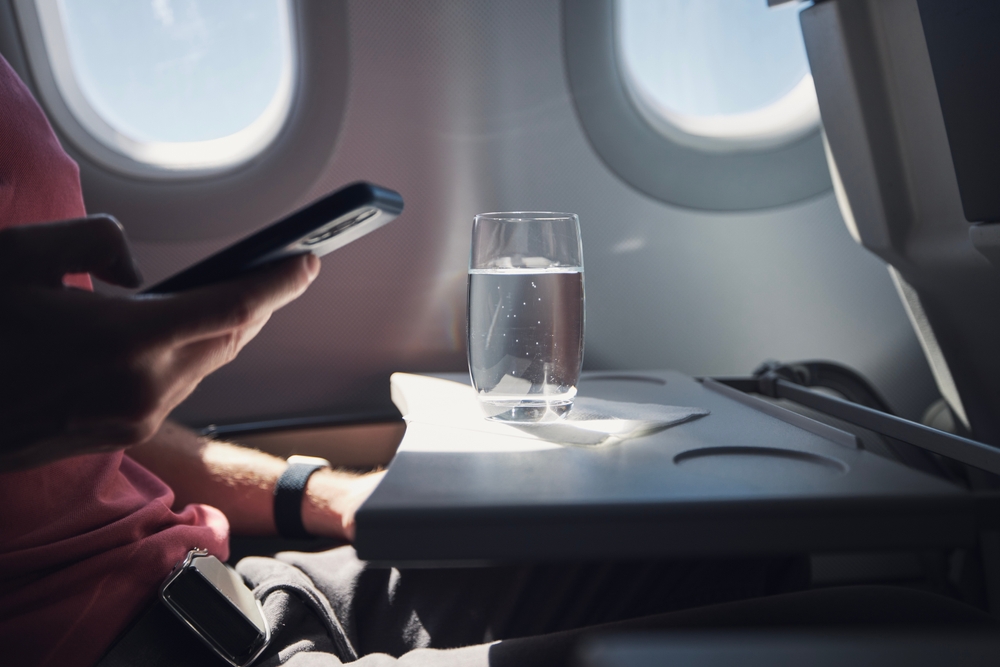
Airplane cabins tend to have low humidity, which can cause dehydration. Drinking water regularly is essential for comfort and health during flights. However, frequent bathroom visits can be disruptive in tight airplane aisles, especially on short flights. Balance your water intake to stay hydrated while minimizing how often you need to get up.
8. Use Airplane Mode and Follow Crew Instructions

Turning on airplane mode during flights is a well-known rule for safety reasons. This prevents interference with the aircraft’s navigation and communication systems. Beyond this, it is important to always listen carefully and comply with crew instructions. Flight attendants are trained professionals who keep everyone safe and comfortable, so respecting their guidance benefits all passengers.
9. Avoid Reclining Your Seat During Meals or Short Flights
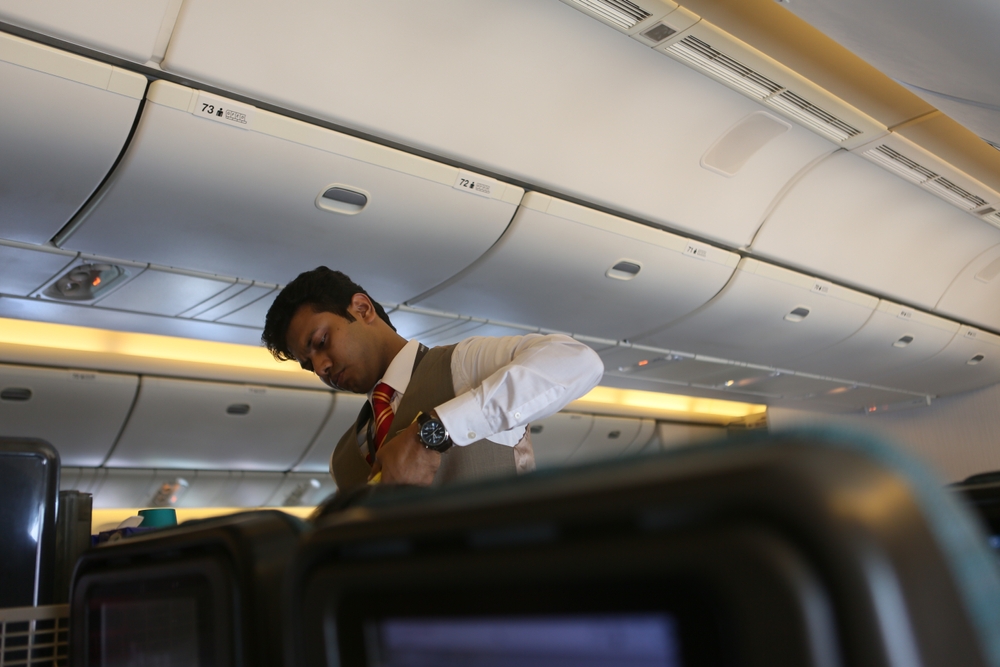
Reclining seats can be a source of frustration for many travelers. While reclining is allowed, doing so during meal service or on short flights can inconvenience the person behind you. Be considerate by waiting until the tray tables are stowed and the meal service is complete before reclining your seat. On brief flights, it may be best to keep your seat upright to maintain personal space for everyone.
10. Practice Patience During Delays and Crowds
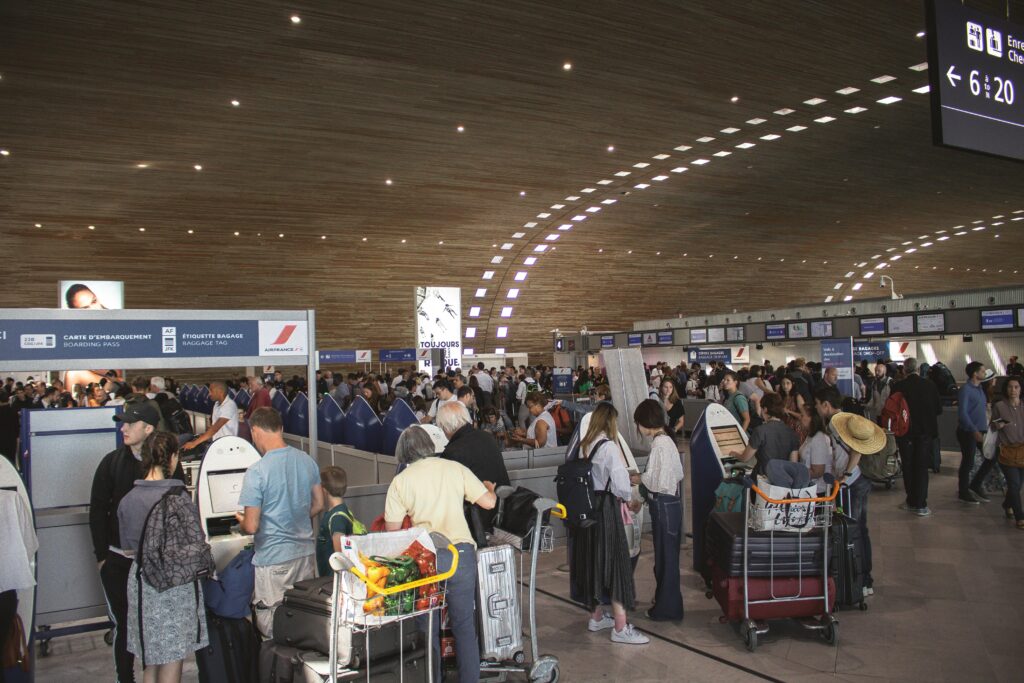
Flight delays and airport crowds are inevitable parts of flying. Instead of getting frustrated or angry, practicing patience and understanding helps reduce tension for everyone involved. Airline staff often work hard to resolve issues quickly, and being polite makes their jobs easier. Remember, a calm attitude contributes to a better travel experience.
11. Avoid Strong Perfumes and Scents
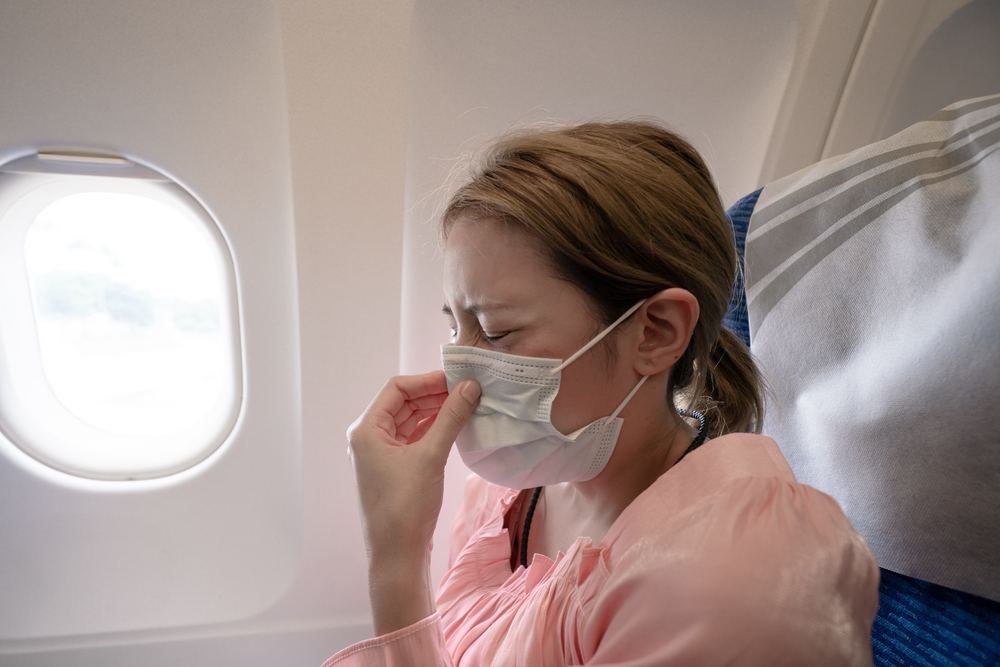
Many travelers are sensitive or allergic to strong fragrances. Wearing heavy perfume or cologne in confined airplane cabins can cause discomfort or even trigger allergic reactions in fellow passengers. It is considerate to avoid strong scents and opt for neutral or no fragrance when flying.
12. Keep Your Shoes On Inside the Cabin
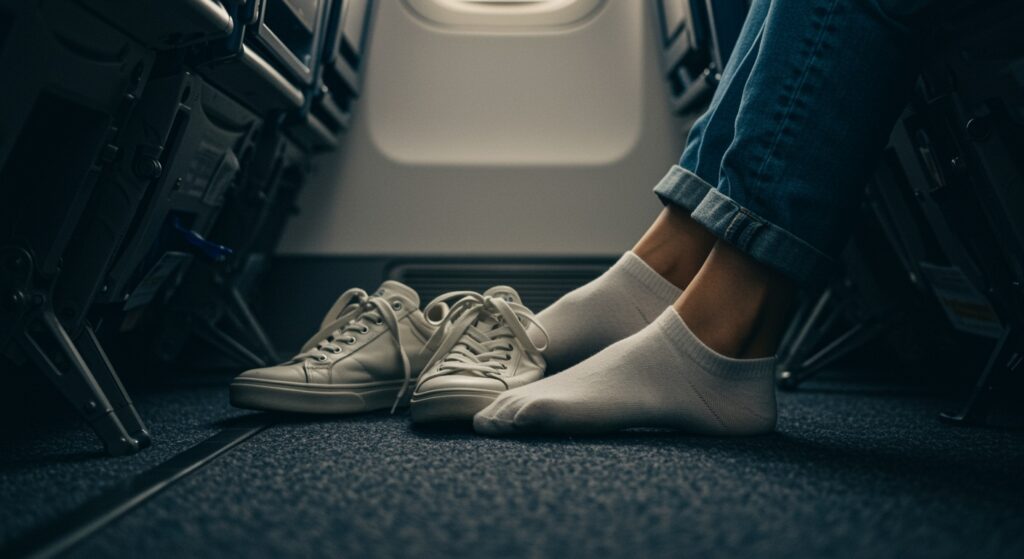
Walking around the cabin without shoes or just in socks can be unhygienic and make other passengers uncomfortable. Airplane floors are not clean, and the confined space means your feet are close to others. Keeping your shoes on, or at least wearing clean socks, shows respect for fellow travelers and helps maintain a pleasant environment.
13. Show Appreciation to Flight Attendants
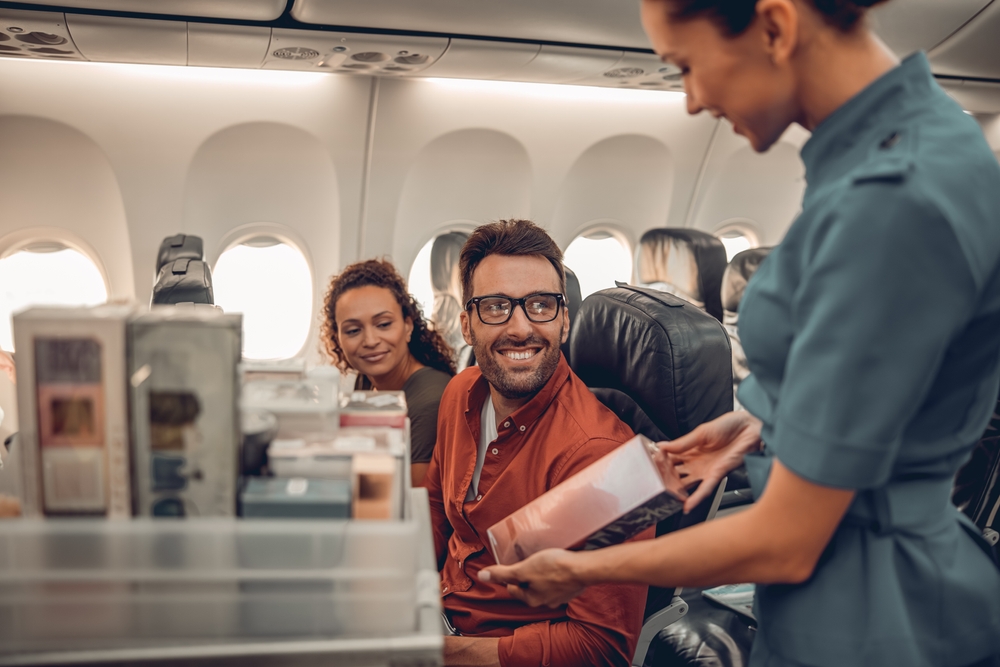
Flight attendants work hard to ensure passenger safety and comfort, often dealing with stressful situations. A simple smile, polite words, or a small tip where appropriate can go a long way in showing gratitude. Positive interactions with crew members make the flight more enjoyable for everyone and encourage good service.
Final Thoughts
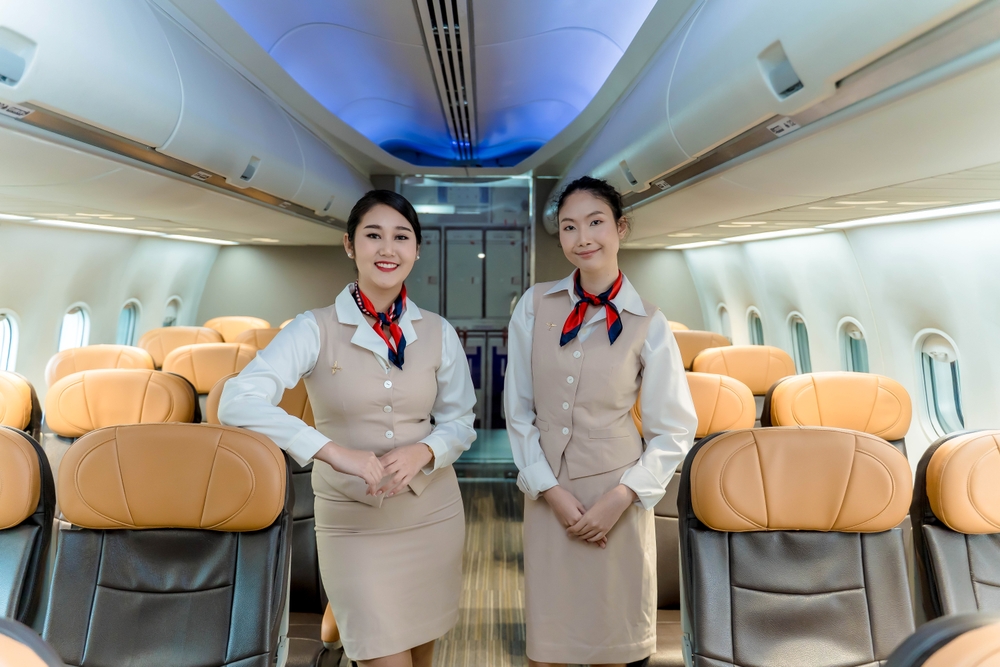
Knowing these 13 unwritten flying rules can transform your travel experience. They may seem like small courtesies, but together they create a more pleasant and efficient environment for all travelers. Flying is inherently a shared experience, and being mindful of these guidelines ensures that you contribute positively to the journey for yourself and those around you. Whether you are a seasoned flyer or someone new to air travel, keeping these rules in mind will help you fly smarter and with more confidence. If you want your next flight to be less stressful and more enjoyable, remember these unwritten rules. They are the insider tips no one tells you, but every traveler should know.
Read More: 44 Items Frequent Flyers Never Board Without
Disclaimer: This article was created with AI assistance and edited by a human for accuracy and clarity.
